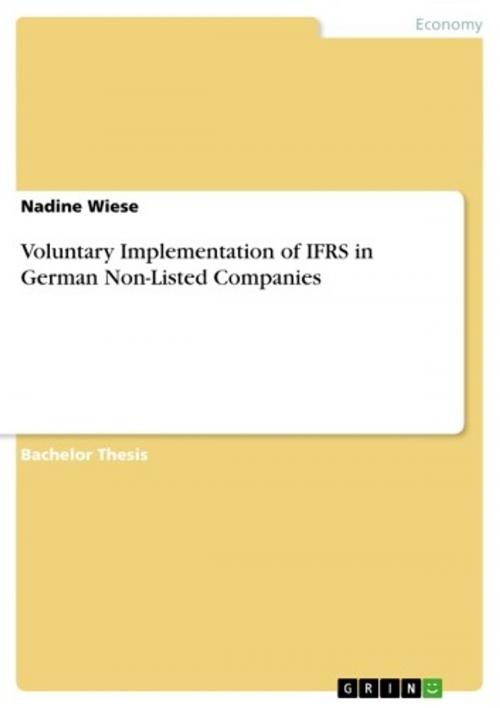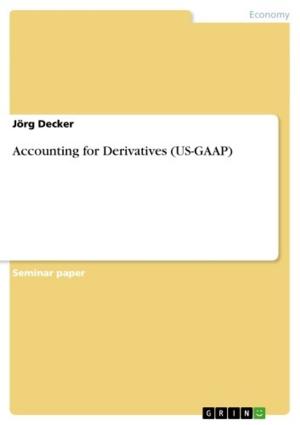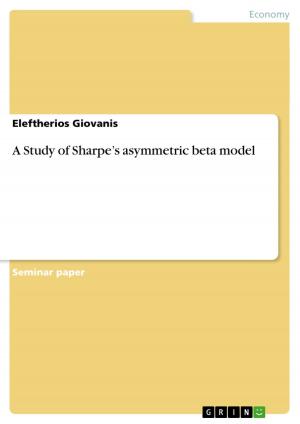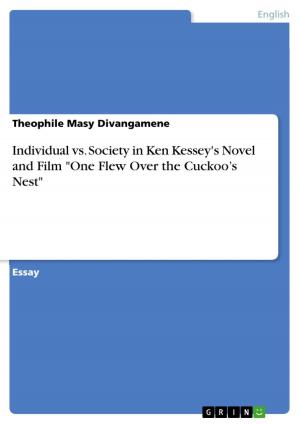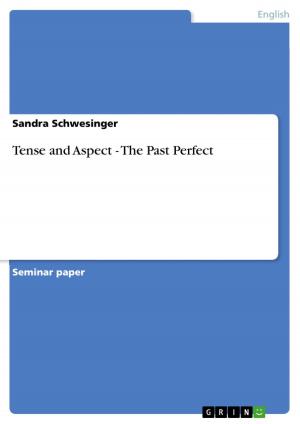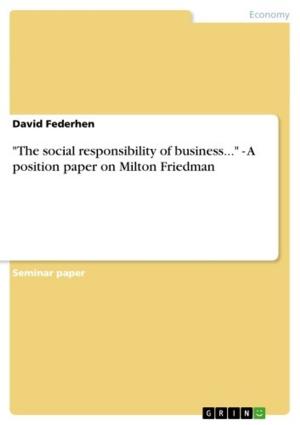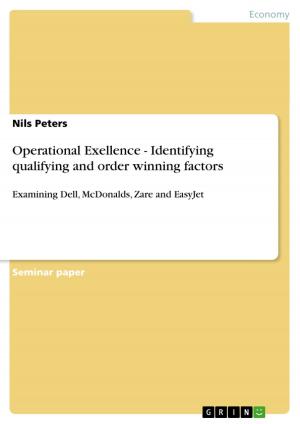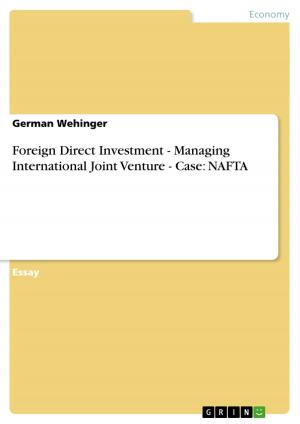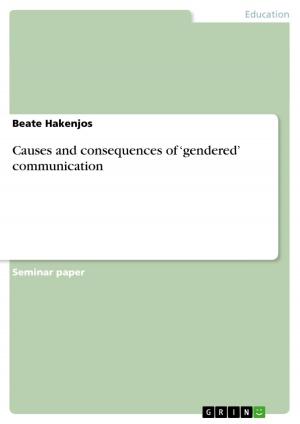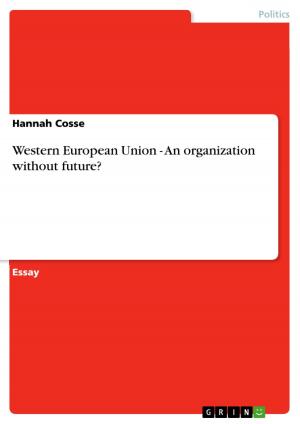| Author: | Nadine Wiese | ISBN: | 9783640458455 |
| Publisher: | GRIN Publishing | Publication: | October 27, 2009 |
| Imprint: | GRIN Publishing | Language: | English |
| Author: | Nadine Wiese |
| ISBN: | 9783640458455 |
| Publisher: | GRIN Publishing |
| Publication: | October 27, 2009 |
| Imprint: | GRIN Publishing |
| Language: | English |
Bachelor Thesis from the year 2008 in the subject Business economics - Accounting and Taxes, grade: 1,0, University of the West of England, Bristol (Bristol Business School), course: Accounting in Context, language: English, abstract: This report addresses the question whether unlisted German companies should voluntarily adopt IFRS. Benefits for internal as well as external users are discovered including facilitated international comparability and higher quality of financial reports. Furthermore, a comparison reveals that equity figures and volatility are higher under IFRS than under German GAAP. It is discovered that national economic and political circumstances significantly influence reporting practices and thus quality and comparability. Combined with fair value accounting which is of lower reliability as there are no active markets from which values can be derived, IFRS not necessarily seems to be a better alternative compared to German GAAP. Moreover, because IFRS is primarily intended for listed companies and investors' needs, IFRS only appears to be an alternative for non-listed companies that plan a listing. In general, the complex and costly implementation process must be outweighed thoroughly. If costs prevail other possibilities represent IFRS for SMEs or the continuation of German GAAP.
Bachelor Thesis from the year 2008 in the subject Business economics - Accounting and Taxes, grade: 1,0, University of the West of England, Bristol (Bristol Business School), course: Accounting in Context, language: English, abstract: This report addresses the question whether unlisted German companies should voluntarily adopt IFRS. Benefits for internal as well as external users are discovered including facilitated international comparability and higher quality of financial reports. Furthermore, a comparison reveals that equity figures and volatility are higher under IFRS than under German GAAP. It is discovered that national economic and political circumstances significantly influence reporting practices and thus quality and comparability. Combined with fair value accounting which is of lower reliability as there are no active markets from which values can be derived, IFRS not necessarily seems to be a better alternative compared to German GAAP. Moreover, because IFRS is primarily intended for listed companies and investors' needs, IFRS only appears to be an alternative for non-listed companies that plan a listing. In general, the complex and costly implementation process must be outweighed thoroughly. If costs prevail other possibilities represent IFRS for SMEs or the continuation of German GAAP.
